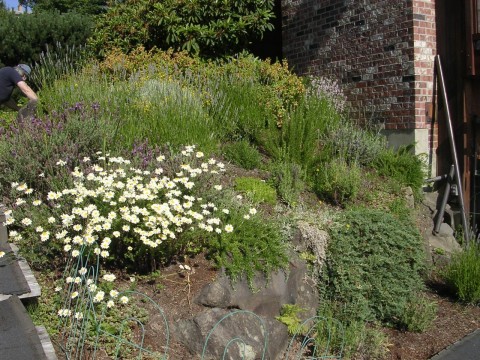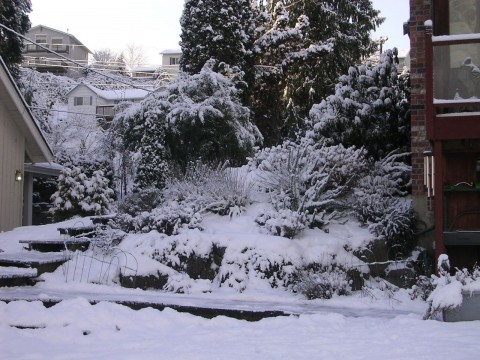When Rosalie walked into a classroom, you never knew what would happen. She was hilarious, direct, and always having us do things we had never done before. As a result, her students began to learn in ways they never knew were possible!
 For instance, the first day she lectured in our YWAM school in NZ, she tossed each of us a koosh ball at the beginning of class. Yes, a rather unusual start!
For instance, the first day she lectured in our YWAM school in NZ, she tossed each of us a koosh ball at the beginning of class. Yes, a rather unusual start!
In her delightful Kiwi accent, Rosalie announced that some of us would discover that those koosh balls interfered with our ability to listen to her. If that was the case, we were told to set the koosh ball down.
Others, she said, would discover that, while the koosh ball was not interfering, it was not helping us, either. If that was the case, we were told to set the thing down.
But, she exclaimed, for some, playing with a koosh ball would allow them to actually hear and understand what a teacher was saying—for the first time in their lives! For these remarkable students, they were to pick up a koosh ball each morning upon entering the classroom—because God has wired some of us to learn best while touching things or moving!
And, just as she had described, there were two students—one from Switzerland and one from Korea—who found that they could actually learn in a classroom, while listening to a teacher. For each of these women, the discovery was actually life-changing.
Because Rosalie was, hands-down, the best educator I had ever seen, I asked her if she would mentor me. She graciously agreed, and for the four years prior to her death, we used to talk on the phone about learning issues, and about how to open the door for all kinds of learners to be able to learn, to experience a love of learning in their own unique design. As part of this discussion, she assigned me a huge list of books to read—including her own four booklets: Starting Well, Thinking Well, Learning Well and Teaching Well. (You can download each of these books here.)
In Starting Well, Rosalie writes, “All learning is not fun. Most of it is very hard work, but it does not also have to be unpleasant. Gardening in spring is delightful—it’s hard work, but pleasant. Only a fool would try to carry out the same activities in winter. Why add unpleasantness to something already difficult? But we do that in learning all the time. Something hard but satisfying often unnecessarily becomes something both hard and unpleasant.”
In case you do better with visuals, let me illustrate with photos from my former garden.
 It is summer.
It is summer.
The weather is lovely, the plants are growing and blooming.
If you love gardening like I do, this scene invites you to jump in and work to your heart’s content!
By the end of the day, you’ll be tired and dirty, but, oh, so satisfied with the results!
Now, notice the difference between this photo and the one below.
This is the exact same plot of land, the exact same possibilities with the same bit of dirt.
What has changed?

It is winter.
The weather is freezing cold, the ground is covered in snow.
If you love gardening, this scene reminds you to go inside by the warm fire and look at the seed catalogs for next spring!
The garden is still beautiful, but there is absolutely no invitation to come and dig. In fact, the idea of trying to work in that bit of ground is rather grim, isn’t it? If you tried it, it would be much, much harder and it would result in much, much less. In fact, if this was your only experience in working outside in the dirt, it wouldn’t take long before you decided that you HATED gardening.
And that is exactly the point Rosalie makes. Learning, though it requires hard work, does NOT have to be grim. It can actually be pleasurable.
When you work in a garden, you get tired, right? Because you enjoy working in a garden, being exhausted afterwards is acceptable, even somewhat pleasurable.
In the same way, if you enjoy learning something new, being exhausted afterwards holds its own reward. There is an immense satisfaction in having accomplished a feat, discovering something fascinating, in answering that question that was so puzzling.
Makes sense, right?
 Now, with that in mind, consider this contrast.
Now, with that in mind, consider this contrast.
Rather than the joy and delight you can experience in learning (like the avid gardener in spring), what would it be like for you, instead, to be enslaved to a mind-numbing drudgery that seemed to never end, where you were required to memorize and regurgitate unrelated, unconnected facts (like trying to garden in frozen ground)?
Hmmm.
Joy or drudgery?
Well, frankly, if I were given a choice, I would want joy.
Your children choose joy, too.
We’ll talk more about this next time.
Remember, stay relational.

